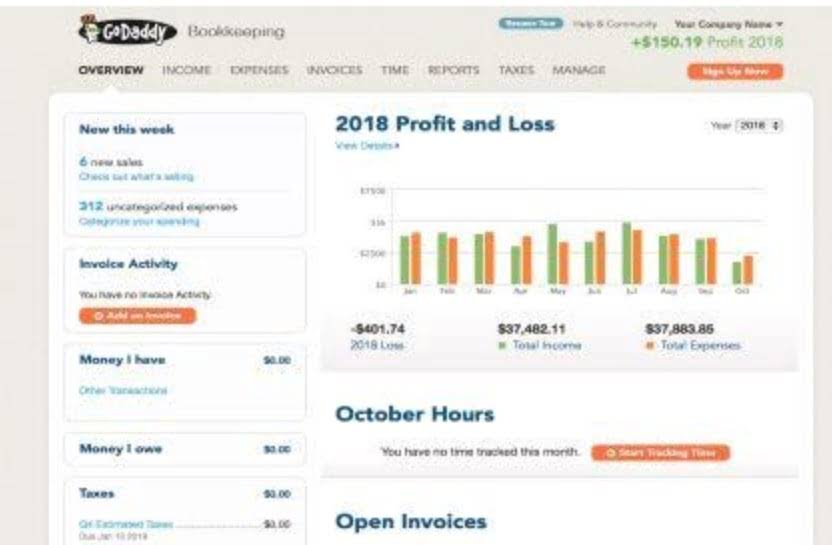
Robotic Process Automation presents a game-changing opportunity for businesses to streamline their procurement processes, Oil And Gas Accounting drive efficiency, and achieve cost savings. By leveraging RPA to automate repetitive tasks, companies can enhance accuracy, speed, and compliance while gaining valuable data insights for better decision-making. To embark on the RPA journey successfully, businesses should identify the right tasks to automate, select a suitable RPA tool, and foster collaboration between IT and procurement teams. Infosys BPM offers comprehensive robotic process automation services that streamline procurement and finance operations.

Implementation Roadmap for Procurement RPA
- RPA can automate the process of creating POs, issuing them to suppliers, and tracking the delivery.
- Spend management remains a top priority for businesses, as effective budgeting makes or breaks operational success.
- Remember, RPA implementation is not a one-time project but an ongoing process of optimisation and expansion.
- The procurement process is the backbone of any successful business, ensuring a steady flow of goods and services at optimal costs.
So, highly transactional and rules-based procure-to-pay (P2P) processes could benefit from the application of robotic process automation. At this point, there are many organizations that are trying to figure out what RPA is truly capable of achieving and what it’s not. It’s important to differentiate RPA from other digital technologies such as machine learning (ML) or artificial intelligence (AI) and not use them in the same breath. Unlike both these technologies, robotic process automation doesn’t try to learn or interpret information. In that sense, RPA could be the perfect way for procurement organizations to have their first taste of digital and not burn their fingers in attempting to do something that they don’t fully understand.

Change management and employee adoption
Therefore, RPA keeps procurement processes compliant with changing regulations. RPA integrates seamlessly with multiple platforms and applications, creating an operational ecosystem. Interoperability allows RPA to become an integral part in the procurement infrastructure. This feature is especially valuable for organizations that want to make a smooth transition from manual workflows to automated ones without major overhauls.
- RPA in contract management can help organisations avoid missed renewal dates, ensure compliance with contract terms, and provide better visibility into contract performance.
- From operational efficiencies and cost savings to improved strategic capabilities, RPA has the potential to significantly enhance the value that procurement brings to an organisation.
- This lack of integration introduced new challenges, like duplicated data and limited visibility across procurement processes.
- To ensure compliance with RPA-driven procurement, it is important to establish transparent data governance policies.
- For example, in the pharmaceutical industry, an RPA system tracks inventory in real time, ensuring optimal stock levels and minimizing wastage.
- For instance, RPA bots can extract vital information from the suppliers’ websites (such as their references, prices, etc.) and put it in a report.
AI and Machine Learning Integration
- Schneider Electric is a global leader in energy management and automation solutions.
- You’ll reduce human errors, decrease supply chain risk, and also, save a bit of paper; helping the environment.
- Rather than replacing procurement professionals, RPA empowers them to shift focus from tactical execution to strategic initiatives like vendor negotiation, risk assessment, and innovation.
- Managing user accounts and access permissions for internal and external procurement users can be a time-consuming task.
For decades, procurement teams relied on manual, time-intensive methods. Tracking purchase orders, managing invoices, and maintaining supplier records was largely paper-based or confined to spreadsheets. While functional for small operations, these methods were prone to errors and unsustainable for growing businesses. By using technology to streamline operations, companies can unlock massive productivity gains andcost savings. And at the heart of this shift is robotic process automation in procurement. RPA schedules and processes payments based on predefined criteria, ensuring timely transactions.


Create more RPA processes and scale things up and down easily whenever you want. By 2025, procurement teams are under significant pressure to deliver greater results with fewer resources. Given the heightened competition and increasingly tangled supply chains, procurement has shifted far beyond simple sourcing or vendor management.
Now, it’s about building business resilience, advancing sustainability, and driving innovation all while keeping costs in check. RPA reduces time-consuming and repetitive tasks, allowing procurement teams to focus on higher-value tasks like category management, procurement strategy, and supplier relationship management. Robotic Process Automation (RPA), often combined with artificial intelligence (AI), is now redefining how procurement teams operate. https://irrsinn.cc/2020/12/23/current-expected-credit-losses-cecl-what-is-that/ Idea Usher, a leading app development company with extensive experience in AI projects, can transform your procurement function with RPA. We specialize in developing custom RPA solutions that automate repetitive tasks, freeing up your procurement team to focus on strategic initiatives. RPA can automate tasks like sending contract renewal reminders, archiving agreements, and ensuring compliance with company policies.
Ready to transform your procurement processes?

One of the key ways RPA is revolutionizing traditional processes is by eliminating manual data entry and paperwork. In the past, procurement and finance professionals spent countless hours manually entering data into systems, which not only led to errors but also procurement automation wasted valuable time. With RPA, software robots can now perform these mundane tasks with greater accuracy and efficiency. Robotic Process Automation (RPA) is transforming the way organizations handle procurement and finance processes. By automating repetitive tasks, RPA streamlines operations, improves accuracy, and frees up valuable time for employees to focus on more strategic activities.